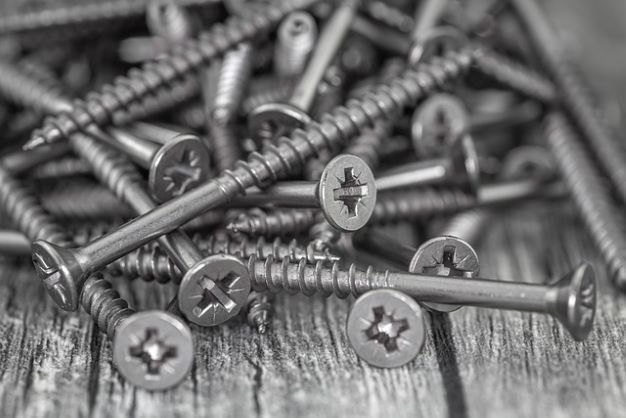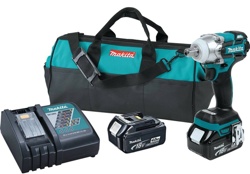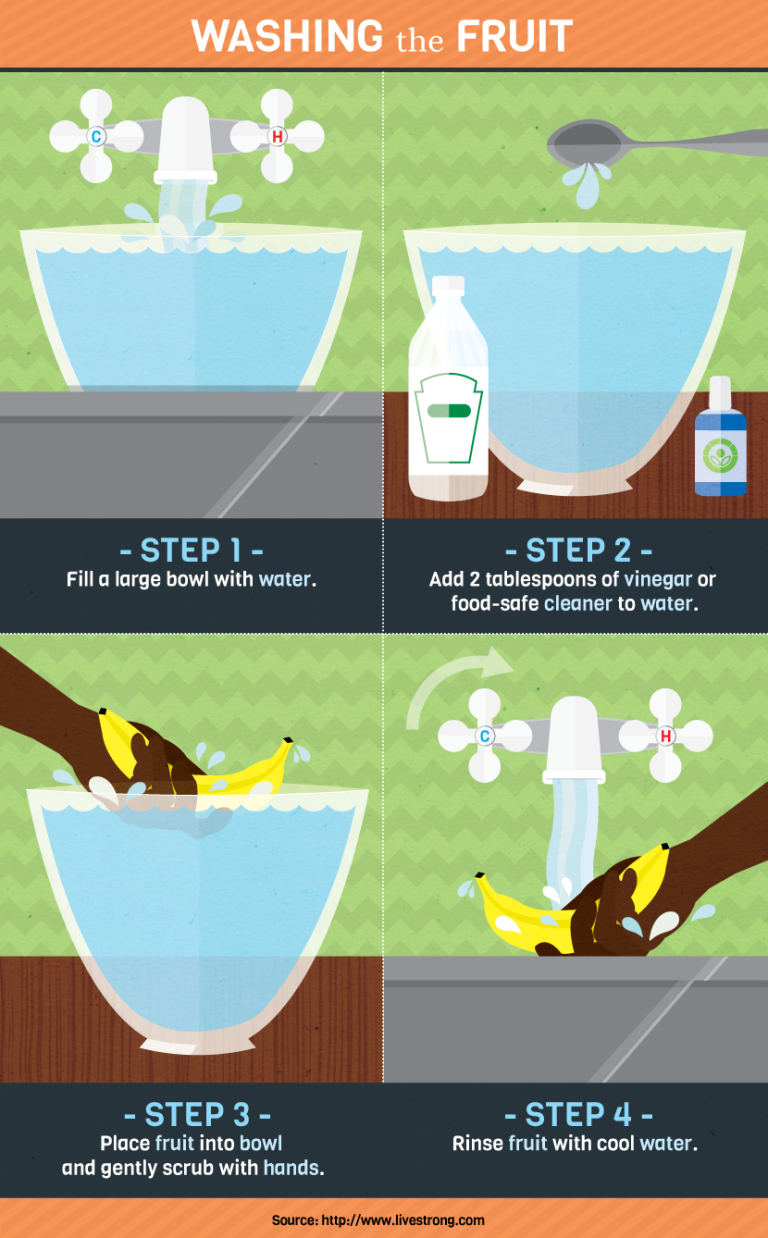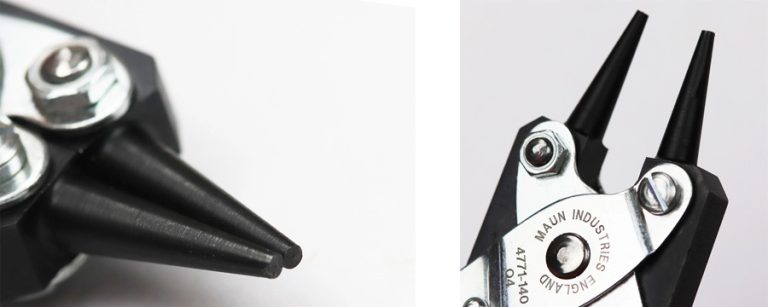Bolts Explained: Crucial Fasteners for Various Applications
Bolts are vital fasteners used in numerous industries, from construction to automotive. This article provides a comprehensive overview of bolt types, their uses, and their importance in specialized projects such as geogrid installation.
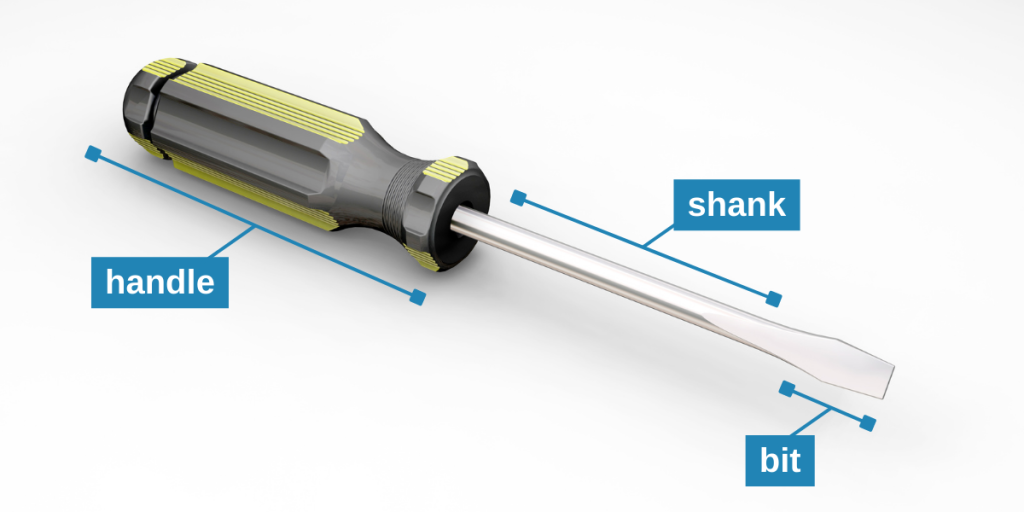
How do bolts and screws differ in their applications?
Bolts are threaded fasteners that require nuts to secure materials together, while screws are self-tapping and used independently. Bolts are typically more robust and require a nut to achieve a secure connection.
What are the main types of bolts and their uses?
Hex bolts are used for heavy-duty applications, carriage bolts are suited for wood connections, and machine bolts are designed for machinery. Each type is optimized for specific tasks.
What should you consider when choosing bolts for a project?
Evaluate factors such as material strength, environmental conditions, and load requirements. For geogrid installations, selecting corrosion-resistant bolts ensures durability and performance in soil stabilization.
What are best practices for installing bolts correctly?
Ensure bolts are the appropriate size and are tightened to the correct torque specifications. Proper installation is crucial in geogrid projects to maintain grid stability and effective soil reinforcement.
Bolts are essential components across various fields. Understanding their types and installation methods is key, especially for projects like geogrid installation, where correct bolt selection and application are critical for success.

